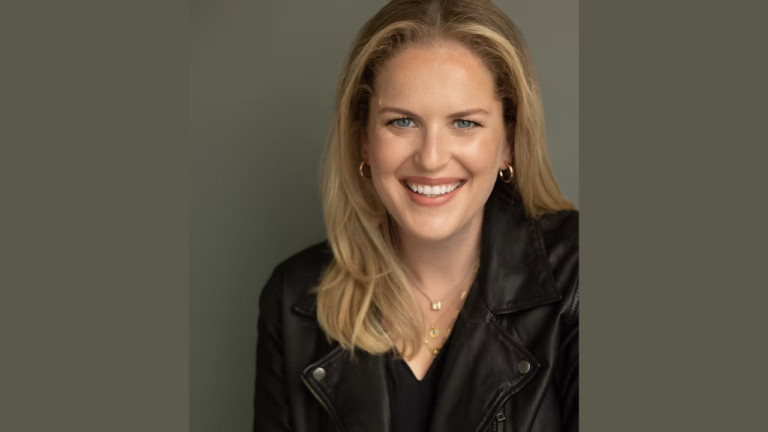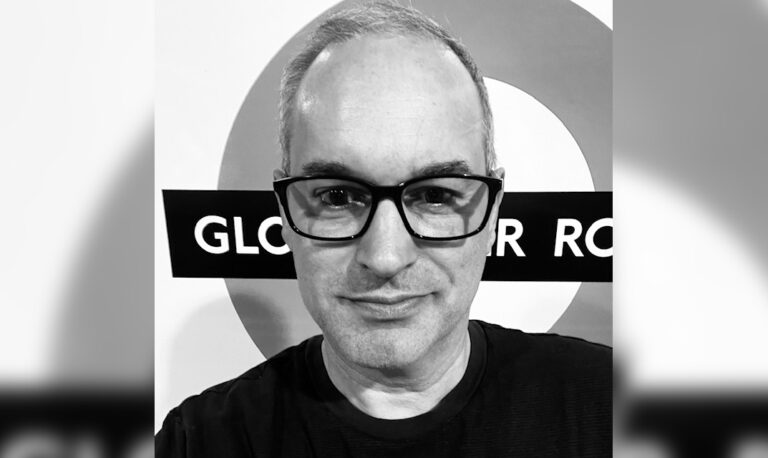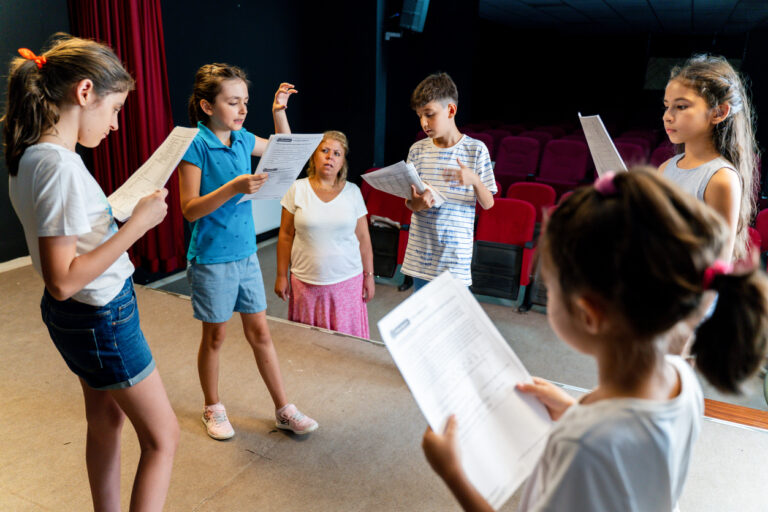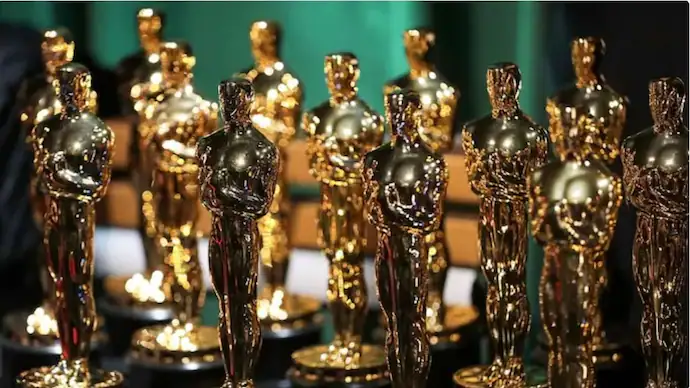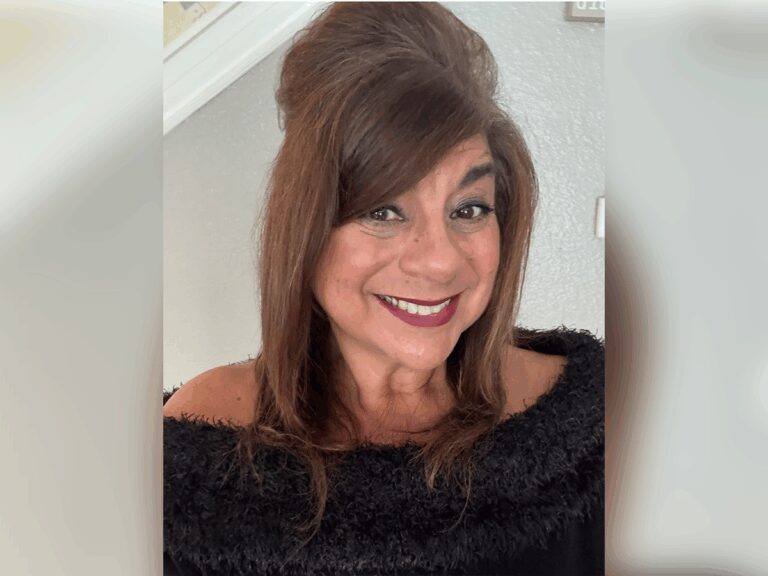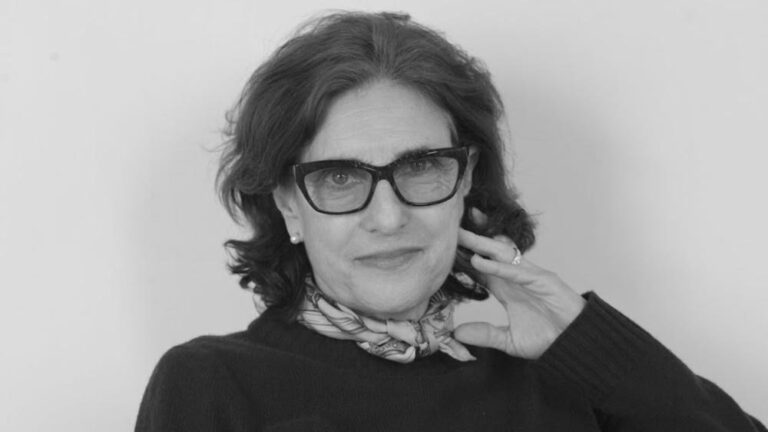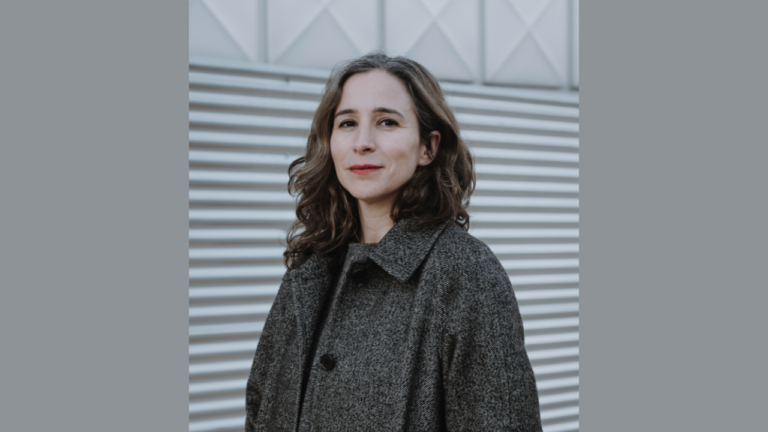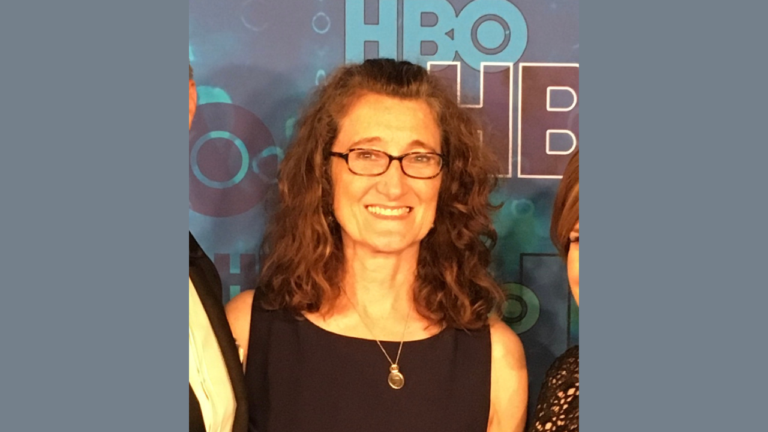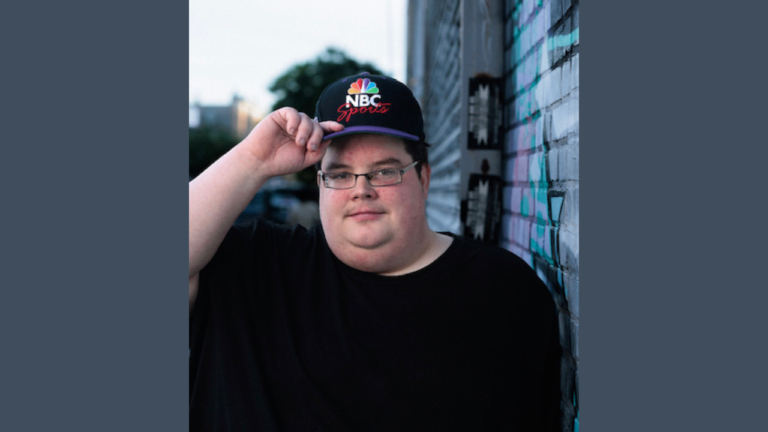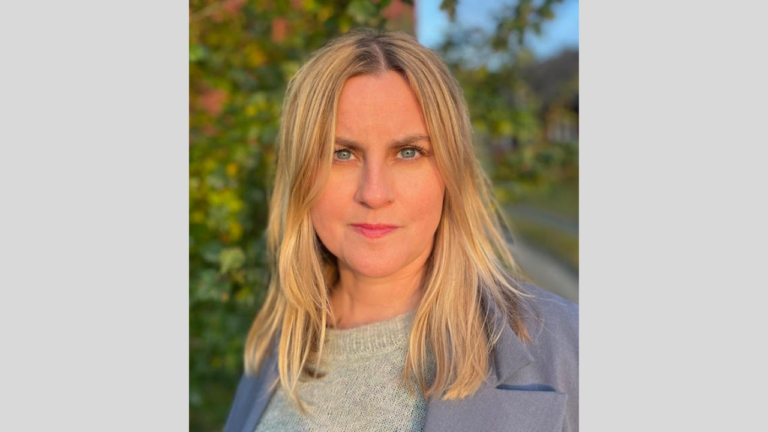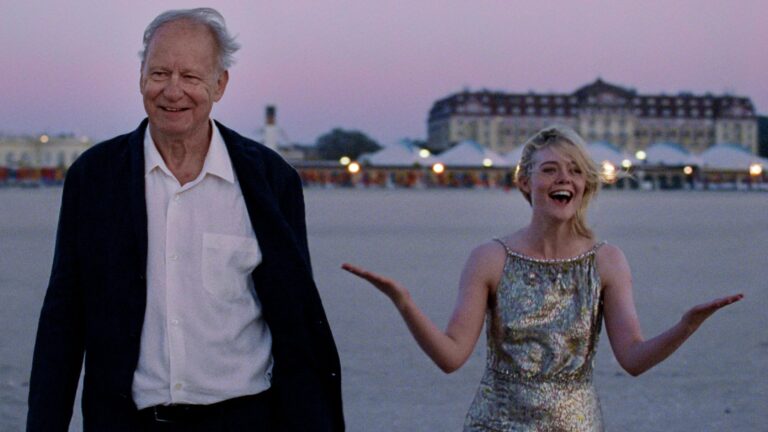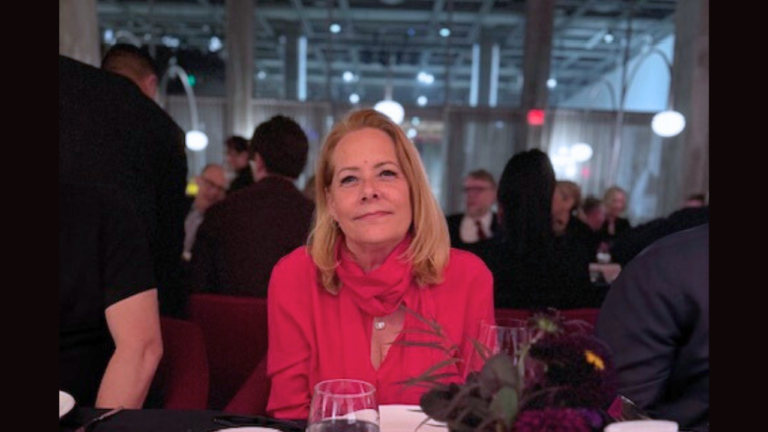Rebecca Dealy has navigated a career between studio films and independent features, and her work on the latter has established her as one of New York’s most sought-after casting directors. Her résumé includes titles such as Patti Cake$, After Yang, and X, as well as the upcoming Sundance hit thriller, Lurker.
Written and directed by The Bear and Beef writer Alex Russell, Lurker follows a retail employee who infiltrates the inner circle of an artist on the verge of stardom. As he gets closer to the budding music star, access and proximity become a matter of life and death.
The film stars Théodore Pellerin, Archie Madekwe, Sunny Suljic, Zack Fox and Havana Rose Liu, and is set to hit theaters on August 22. Dealy spoke to us from her home office in New York.
Insights From Rebecca Dealy:
- Focus on strong scripts when choosing projects because a compelling story can open doors even without big names attached.
- Embrace collaboration and confidence with first-time directors, as passion and vision can lead to powerful performances and experiences.
- Seek ensemble projects with chemistry and diversity in roles, understanding how actors play off each other to create a believable world.
Thinking about joining Casting Networks? Sign up for a free trial today!
How did you first become involved in the project?
I originally came on in 2021. Like a lot of indies, this took a circuitous route to getting together. I worked on a search for Matthew and Oliver, the two leads, and then it came back at the end of 2023, and we did the full thing.
How did you initially connect with Alex?
Like most things, producers reached out and said, ‘We have this script, it’s cool, people seem to like it a lot.’ I sort of take that with a grain of salt; you never really know. However, immediately, everyone was obsessed with the script.
When we first started — this was before The Bear or Beef came out — it was just on the merit of the script itself. By the time we came back to finish casting, those shows had come out, and everyone knew Alex Russell as a writer of their favorite episodes of the two hottest shows on television. Yet, the passion for it was immediate from the start.
Was there any hesitation about working with a first-time director?
I do a lot of indie films. I experience a lot of first-time filmmakers. There’s always some hesitation if there’s not a lot for you to see, to understand what someone’s vision is, and how they’re going to be able to execute it.
When a script is so strong and there’s so much visual baked in, I had a pretty good sense that even if Alex hadn’t officially done it before, he was going to be very confident as a filmmaker. Then meeting him as well—that’s a big part of it—feeling his confidence and his interest in collaboration.
It made me feel pretty comfortable from the beginning, and I think it is truly one of the strongest feature debuts I’ve ever seen.
I’m curious about the process of putting together a film with leads who aren’t necessarily household names. What were the restrictions within the guidelines of making this film?
Often, from a financing perspective, the only way to make indie films is to have somebody recognizable in the cast. For Lurker, credit goes to the producers, Alex Orlovsky, Duncan Montgomery and Galen Core.
They so firmly believed in Alex and understood how the film would be great, so we didn’t need a big name to sell it. I give them a lot of credit for finding a way to finance it that way, because it’s rare for financing not to be contingent.
I deal with that a lot: how do I find someone who makes financiers happy, but is creatively the right choice and doesn’t feel arbitrary? Sometimes with a younger cast, you can get away with that because the ensemble itself generates enough excitement to draw people in.
The total is greater than the sum of its parts.
In an ensemble of really cool young actors like this, if you fight for it, yeah.
That must be enormously freeing for you, then, as a casting director, because you’re not begging agents for access to bigger names.
It’s the best way to work, especially because it’s also people that, as a casting director, I’ve known for years in various different forms, whether it be casting them or having them read for multiple projects.
Knowing what they’re capable of, even if the world doesn’t quite yet, it’s so exciting to put together an ensemble like that. Because the script was so strong and Alex was already this great draw creatively, I did have access to people that I might not have had otherwise. The word had spread that it was so great, and that people wanted to be a part of it.
People threw themselves in the ring and read and met, and we had a lot of room to play with because it was so good. It was honestly fun to get to assemble the cast in a way that felt true to the film and not, to your point, because of who’s available.
It sounds like the freedom also provided its share of challenges due to the complexity of the puzzle you were putting together.
Yeah, and that’s on me, because of how inside a project I tend to get. I want it to feel like every single person comes alive in their role, and it’s also the alchemy of how they’re going to play off against each other.
Being specific about what it’s going to look like, what a group of friends is going to look like, what the outsiders are going to look like, so that you, as the audience, understand the world as it’s being created.
When you complete a project like this, and you have assembled a cast you’re proud of, do you allow yourself a pat on the back?
That’s a great question, and I’m on a journey with that personally. I purposely try to work on fewer projects at once so that I can be involved and invested in them.
I get very close to the projects I work on, which means that sometimes, when I watch it, I remember too much — the problems, who fell out, what was hard. Sometimes I can watch it and just be blown away, and it often has nothing to do with how good the film is. I just can’t separate myself from it to watch it, which makes perfect sense objectively.
This one I could, because I was truly a part of every single part of that cast, and the collaboration was so strong between me and Alex that I felt like we made it together. There was a pride in watching it from the beginning, and it’s such a sensual experience that I had no choice but to fully appreciate it. It doesn’t always happen. I want it to happen more, but I’m working on it.
Also, in the creative space, I wonder if people ever truly feel like a project is finished. It’s hard to put a finality to it. There’s a part of me that says, ‘I could have done that,’ or ‘I wish this had happened.’ However, the more you embrace that vulnerability, the more you’re able to see what the final product was and take pride in it.
You may also like:

